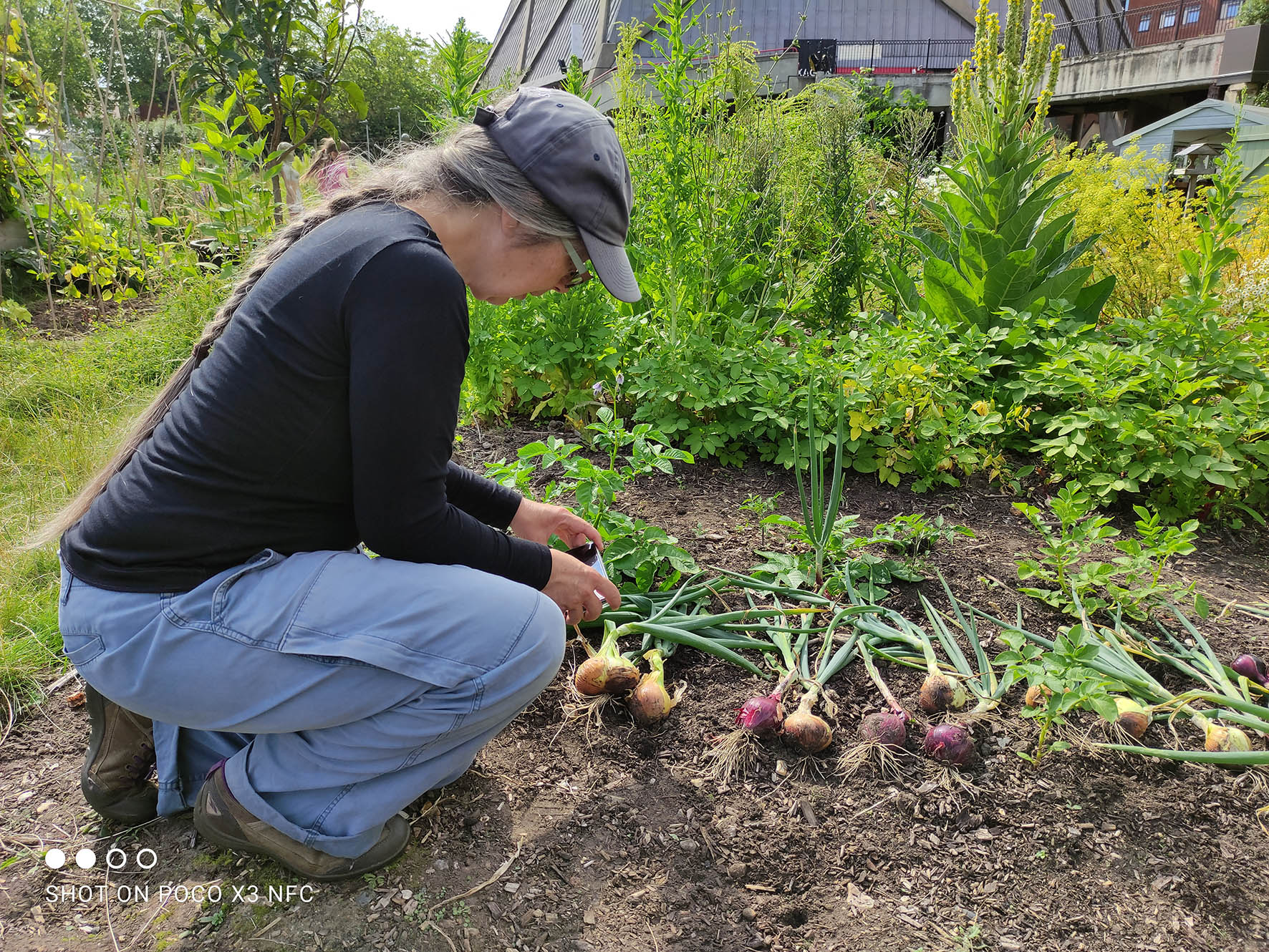The connection between food and storytelling
2. The transformative power of storytelling
Stories also have a transformative power to allow others to see the world in a different way than they would if they just experienced the world on their own. There is no such thing as true and objective stories. Rather, stories are an entry point for others to understand a different experience of the world. They are subjective, emotionally charged and often very performative.

Storytelling is nonetheless a powerful tool, because it can help to make hidden experiences visible. There are so many choices one takes when telling a story - what to include and what to omit? Who’s the hero and who is the victim? Who tells the story? This always makes certain events and aspects visible, while overlooking others. Historically, there are many examples of how storytelling in this way has contributed to the further marginalisation of certain communities and has perpetuated harmful stereotypes. For example, think about the way Indigenous communities are usually portrayed in Wild West stories or the way in which many stories about ‘The American Dream’ silence the struggles of structural racism and inequality faced by Black Americans. However, storytelling can also be a powerful tool for marginalised groups and communities to highlight their perspectives, struggles and realities. And again, as expressed by Nicholas Williams, thinking about food can help to make these expressions very concrete, “because talking about food easily brings us into the realm of personal story and individual experience, and maybe this helps us put faces and lives to the all-too-often faceless oppression and inequality. Maybe we struggle to articulate these systems of inequalities when they’re abstract and faceless and what food helps us do is localize the experiences and talk about something we can put words and stories to.” (Williams, 2017, Telling Stories Through Food, URL: https://thinkingfood.org/food/telling-stories-through-food/ Accessed: 06/09/2021)
By making sense of and increasing our understanding of challenging experiences, stories can help us to develop and share coping mechanisms, which can inspire others to adopt similar practices. Especially funny stories with humour can be a really powerful tool to make otherwise painful experiences bearable and to turn those hard experiences into moments of connection with others that leave us with positive emotions. Sharing such personal stories also allows community members to form connections and bonds, creating interdependent support networks where people can listen to, hold space for and support each other. We can use storytelling to celebrate the positive achievements in our communities and to develop visions of the future that we want to strive for, imagining flourishing communities and helping us bridge the gap from the present to this future.
